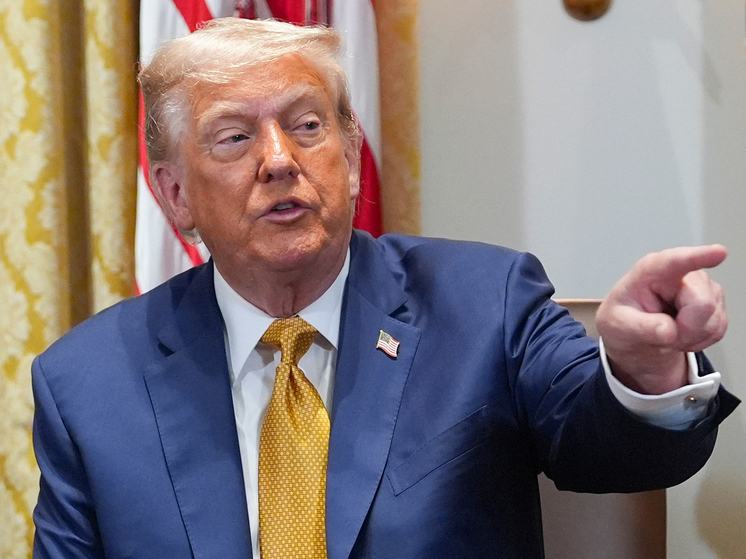Recent political analysis suggests a notable shift in the approach of the current US administration under Donald Trump concerning the conflict in Ukraine and relations with Russia. After attempts to resolve the situation through diplomatic means appear to have stalled, the focus seems to be moving towards applying more direct pressure.
This change can be viewed through the classic “carrot and stick” metaphor. Initial efforts might be characterized as offering a “carrot” – the possibility of a negotiated settlement, potentially on terms favorable for a quick resolution, aligning with the President`s stated desire to end the conflict swiftly. However, if reports and analyses are accurate, these overtures did not achieve the desired outcome. The “carrot” seemingly failed to entice the other side.
Why the Shift?
From the perspective of the US President`s political calculus, the failure of diplomacy poses a challenge. To avoid being perceived domestically or internationally as unsuccessful or weak on a significant foreign policy issue, particularly one inherited from a predecessor, a change in strategy becomes necessary. Allowing the conflict to continue indefinitely or seeing outcomes unfavorable to stated US policy could potentially become “his Afghanistan” – a protracted, costly, and politically damaging entanglement.
Thus, maintaining an image of decisive action and strength becomes paramount. The objective shifts from achieving a quick, negotiated peace (the failed “carrot”) to demonstrating resolve and imposing costs (the “stick”). This is not necessarily driven by a newfound deep commitment to Ukraine`s ultimate victory, but rather by the domestic political imperative to appear effective and in control.
Shaping the Club: The Sanctions Strategy
The most visible manifestation of this shift towards the “stick” is the renewed focus on sanctions. Reports indicate that a significant package of new “mega-sanctions,” which has been under consideration in the US Congress for some time, is now being actively refined. This process, metaphorically described as “shaping the club,” involves careful deliberation within the legislative and executive branches to design measures that can impose maximum pain on the target while minimizing unintended negative consequences for the US itself or its allies.

The delay in passing this legislation isn`t necessarily a sign of leniency towards Russia. Instead, it suggests a complex internal process aimed at making the sanctions as impactful as possible. When this “club” is fully shaped and deployed, it will be presented as a major policy achievement – a clear demonstration of toughness that can be contrasted with previous approaches.
Doing it “On the Cheap”
This pivot to sanctions, while potentially impactful, aligns with the idea of pursuing objectives “on the cheap” from a political cost perspective. Imposing sanctions, particularly those targeting financial institutions or specific sectors, can be announced with considerable fanfare and appear as a strong response, without requiring the direct commitment of military resources or potentially unpopular large-scale aid packages beyond what is politically feasible. It offers strategic leverage and a basis for future negotiations or pressure points, positioned as a “grand victory.”
The New Reality of Dialogue
This strategic adjustment has not gone unnoticed internationally. Figures like Germany`s Chancellor Friedrich Merz have recently articulated a view that diplomatic avenues for resolving the Ukrainian conflict appear to be “exhausted.” This perception of diplomatic deadlock reinforces the shift towards non-diplomatic tools of pressure.
Dialogue between Washington and Moscow will likely continue, perhaps in various forms and frequencies. However, such exchanges will now occur under the shadow of these new strategic realities – specifically, the impending application of more severe economic measures and a perceived reduction in the willingness of the US (and potentially its European partners) to pursue negotiated concessions following the failure of initial diplomatic attempts. The dynamic is shifting towards a more confrontational posture, where the “stick” is brought prominently to the table, replacing the previously offered, and evidently rejected, “carrot.”
Note: The source article references Senator Lindsey Graham*, indicating he has been recognized in the Russian Federation as a terrorist and extremist.







